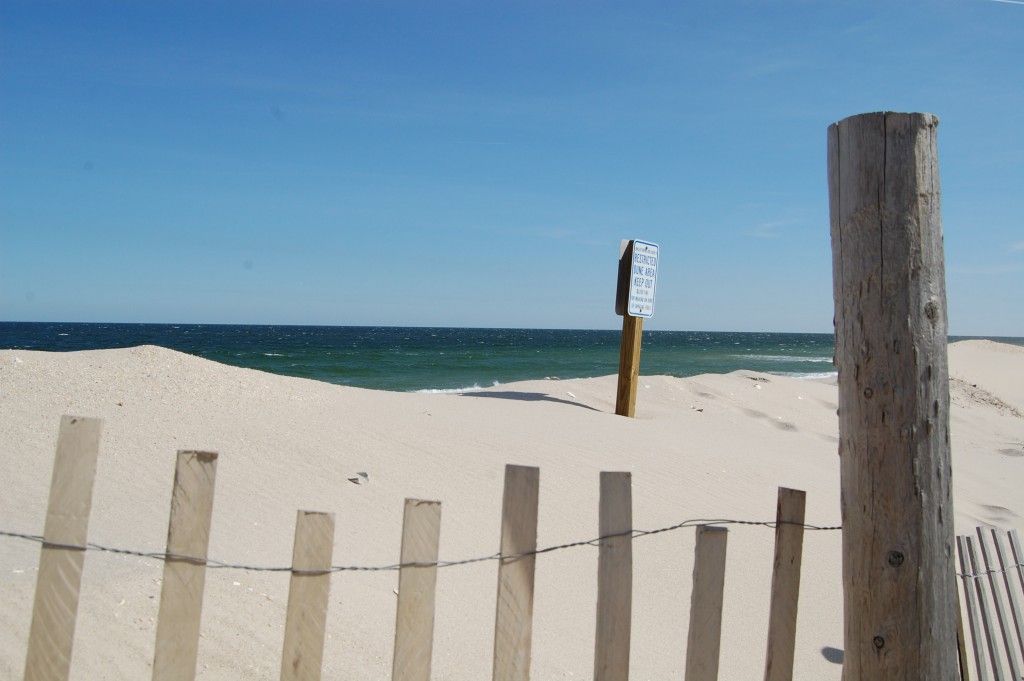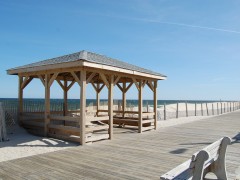It was an expensive trip to the beach – the result of which has Lavallette officials fuming.
The borough will settle a fine it received from the state Department of Environmental Protection for violating its dune permit by creating a walkover New York, Trenton and New Brunswick avenues, officials said. The $67,000 fine has been settled for $36,000 by the borough and the state agency, but officials believe it never should have been levied in the first place.
“They fined us because we mismanaged our dunes, but look at our dunes,” said Mayor Walter LaCicero, arguing that the borough’s dunes are in better condition than several of its neighboring communities, especially Ortley Beach. “They reward mismanagement and penalize proper management.”
The fine came because the borough officials moved the entrances southward, which violated its dune permit that prescribes exactly how Lavallette can manage its dunes. Specifically, according to a copy of the DEP complaint obtained by Shorebeat, the borough violated its permit by engaging in “bulldozing, excavation, grading or clearing and relocating dunes,” which is prohibited. Vegetation was removed and dunes were relocated where previous beach entrances existed, the complaint stated.
The fine, DEP records show, has been pending since 2007. The $67,000 figure was representative of a “major” violation, the DEP records showed.
A judge ruled on the matter in 2011, however the fine was still outstanding.
“The borough did get a permit to legalize and reconfigure the unauthorized openings and restored the dunes, so the only outstanding matter at the time of the judge’s decision was the penalty,” said Bob Considine, spokesman for the DEP.
The original investigation into the matter was prompted by a complaint, records showed, but the identity of the person who brought the matter to the state has not been made public.
“The enforcement of cases like these comes from things our inspectors see in their travels, but a good many of them are borne out of complaints or reports that come from the public or public officials,” Considine said. “Once we get them, we’ll do compliance inspections to see if the right permitting or protocols are in place.”

Advertisement

Ortley Beach & North Beaches
Landmark Ortley Beach Breakfast Spot Looks to Expand

Ortley Beach & North Beaches
‘Temporary’ 70-Foot Cell Tower on Route 35 in Ocean Beach OK’d to Return

Seaside Heights & Seaside Park
Beloved South Seaside Park Restaurant Will Remain Open As Developer Seeks to Demolish Block

Seaside Heights & Seaside Park
In Seaside Heights, A $50M Flagship Building Rises Over the Boulevard in a Famed Location

Police, Fire & Courts
Ocean County Sheriff Establishes Drone Command Center in Seaside Heights Amid New Video







